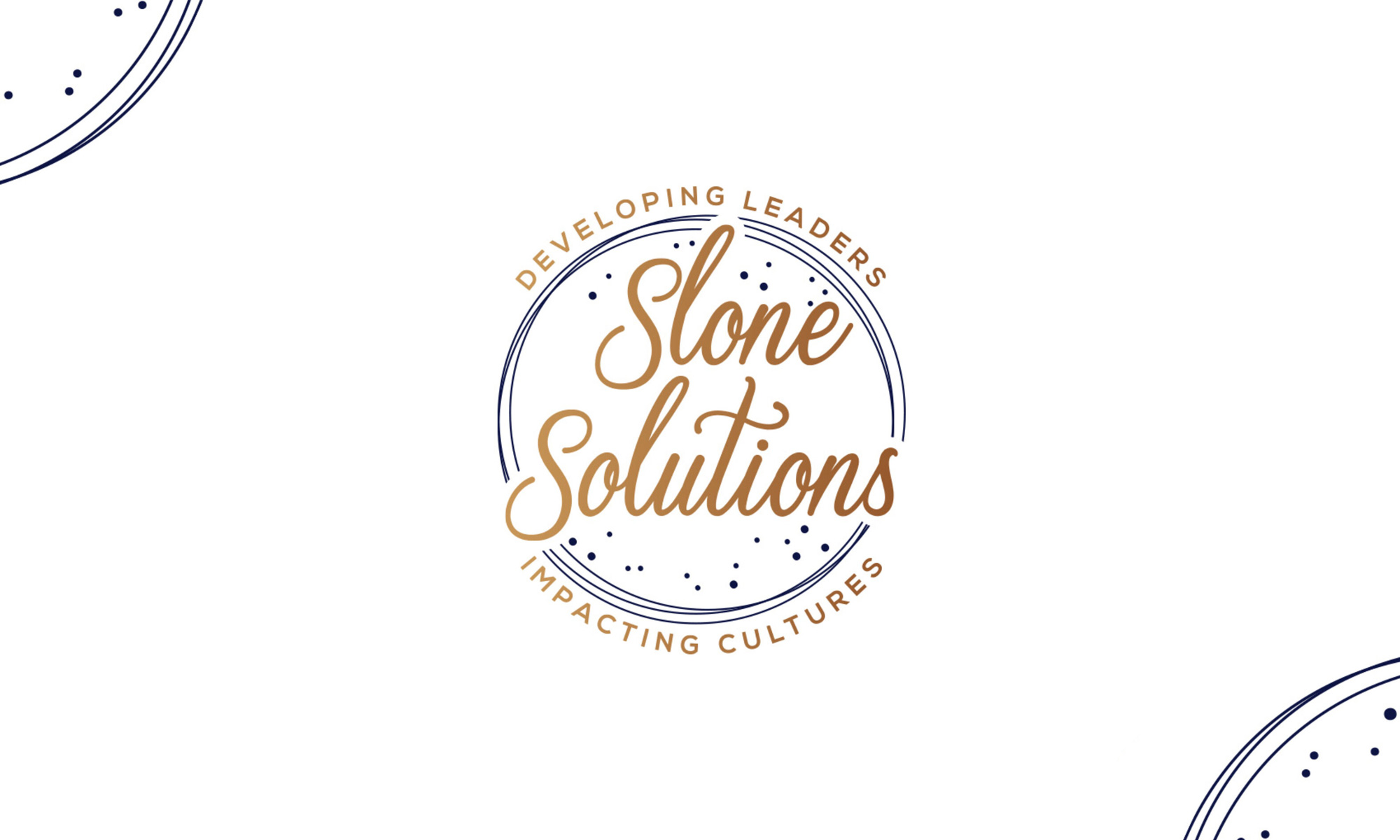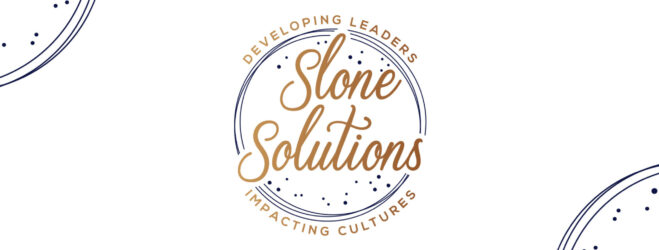
Recently, while excelling as a road warrior, I touched base with my husband on the day of my return to discuss my ETA and any plans for the evening. On this day, my husband offered to pick up dinner. At my suggestion of the regular, “just grab chicken and a vegetable,” I was shocked to arrive home to find Sea Bass. Sea Bass was the protein purchased for dinner. I looked at my husband and asked, “who are you and what have you done with my husband?” His response was simply, “thought we could do something different.”
Discussions on flexibility and versatility are rampant lately. In a world where technology is constantly changing, information is readily available at our fingertips, and studies supporting that we, as a society, are evolving faster than ever, it’s becoming paramount to show versatility and the ability change. Darwin’s theory of evolution is reinforced in business cases that failed to deviate from operations like Toys R Us, Circuit City, Sears and Blockbuster. These businesses either didn’t see the need for change or adapt to market changes fast enough.
Then we see the success of Netflix whose versatility is the paragon of change in the business world. Think about your most recent conversation about favorite TV shows and what you may be watching or binge watching. More than likely a show from Netflix was a part of the dialogue. A business that once had us skipping with excitement from our mailboxes over the arrival of a red envelope, now has sitting for hours while streaming movies, sitcoms and original shows. From mailing Blue Rays and DVDs to streaming, talk about a change mindset. Netflix could be the poster child for change.
Yet, if we step back and analyze the success of Netflix, it’s because an individual within that organization suggested the change. How often do we encourage our teams to think differently? How often do we foster innovation and creativity? As a consultant, differentiating and embracing versatility is a consistent conversation with many of my clients. So, I ponder:
If we expect our teams to change, do we find more success when we practice this personally as well?
There are studies that support the benefits of patterns, processes, and routines. A plethora of books have been written and interviews with the world’s most successful communicate how daily structure influences productivity and impacts efficiency. Other research argues how a deviation from process can build attentiveness, increase innovation, and enhance creativity. There are findings that confirm an increased awareness when we deviate from our daily routines. Considering all things in moderation, it’s the awareness to deviate or to stay the course we often lack. While we do like our patterns, we should ask; when to do they help us and when do our routines hold us back? When do processes impact the experience?
Two years ago, I attended a conference with the resounding theme of change. From the open, the days’ schedule was thrown off when the keynote speaker ran long. Very long. Over an hour long. By mid-morning attendees could tell the days’ schedule was off. Yet sadly, those who had produced this ‘conference of change’ did not deviate from their own process and scheduling to demonstrate what versatility may look like to the attendees. Indeed, a missed opportunity. People were hungry and tired, and they wanted lunch.
Nope, sorry, here’s another speaker and a tour!
Deviating from the process is a leadership cascade. We must demonstrate what we expect from the team. There should be conversations on expectations and encouragement for innovative thought, entrepreneurial spirits and proactive mindsets.
What happens if that leadership mindset is not in place?
Most recently, while checking in to a hotel at the end of a travel day, I found myself in a lobby with a line at check- in. It became humorous to listen to the front desk attendant. No doubt trained eloquently on client engagement and customer service, he rattled his scripted greeting and communicated the features of the property to every single guest as he prepared room keys. Yet as I became the final person to clear the line of late arrivals, rather than a smile with a “welcome” or “did you happen to over hear about our hotel amenities?” he continued to spout the same monologue I’d heard three guests before. I smiled in wide-eyed amazement as he completed his speech and wondered:
Why was deviating from the process such a natural conclusion from my perspective, yet acutely absent for this front desk attendant?
The next morning while eating breakfast, I overheard a group of business women discussing frustrations over process deviation. From their dialogue they were in the medical field of some sort. What resonated most was their inability to stray from process. One woman interjected,
“He became frustrated that I didn’t approve the next round of testing, but we can’t approve that until we get the green light from the other team. That’s the system. That’s how it works.”
I thought in that moment, (warning extremely dramatic thought follows) this is how people die. Their procedure could be impacting someone’s life, and they were focused on a process.
I ask again, why is deviating from the process so difficult for those in the operational role, yet so clearly transparent to those on the receiving end?
If you think about it, there are processes and routines around us at every moment of every day. We are wired for them. We rely on them. These systems support the very structure of society, and we flow with them like a machine. We become the machine. We become the patterns that impact client engagement. We become the monologue to welcome guests at a hotel. We become the late lunch at a conference. We delay a patient’s next step in testing. We become Sears. Toys R US. Blockbuster. We lose the ability to adapt and flourish.
Unless………..we deviate from the process.
I believe that building awareness is key. Processes can be good, but we always need to ask:
What is the goal?
Is the process helping or hindering?
Does the process support and sustain or stifle and limit?
Are we differentiating? How?
What would happen if we did it differently?
What will you do differently day?
How will you deviate from the process?

